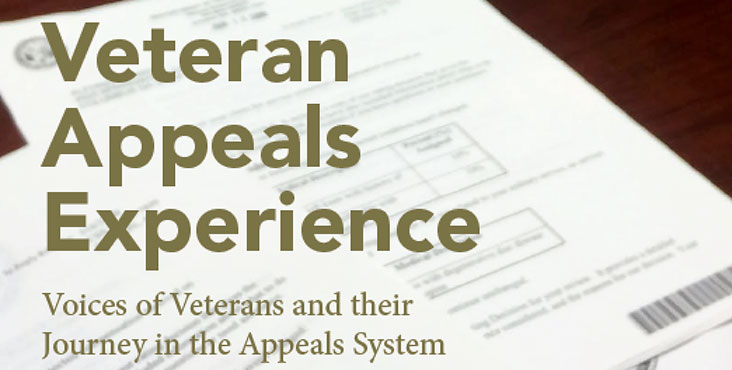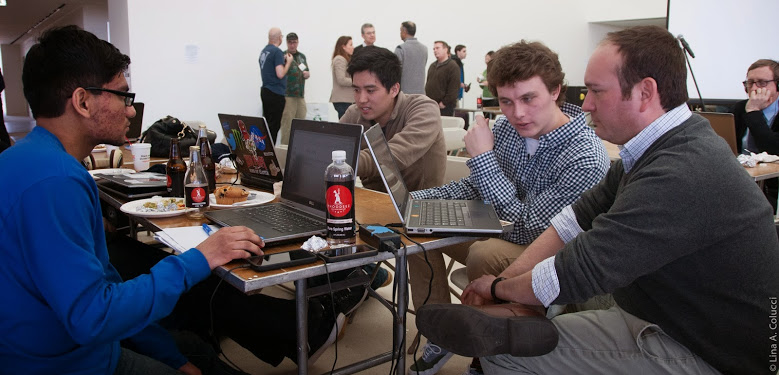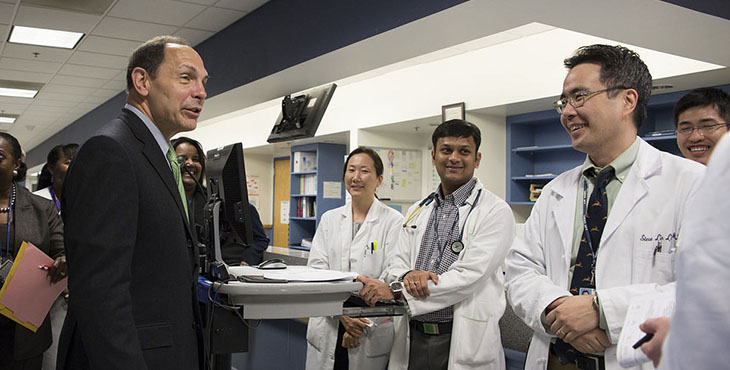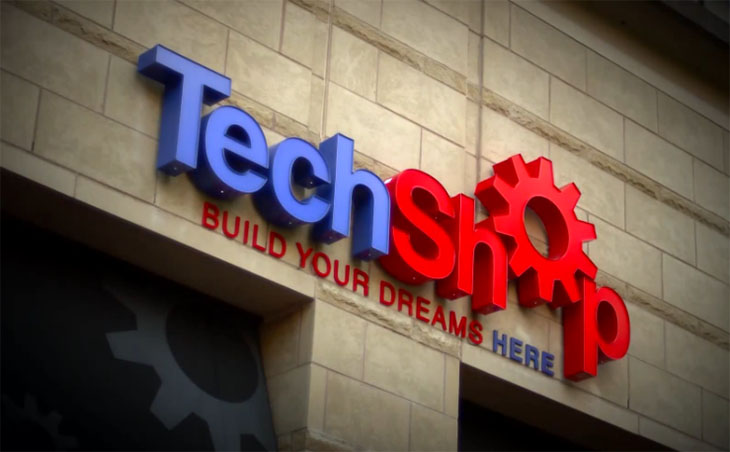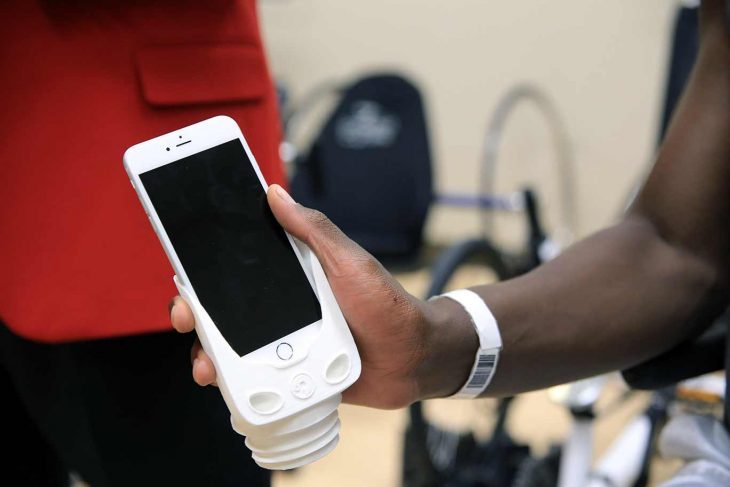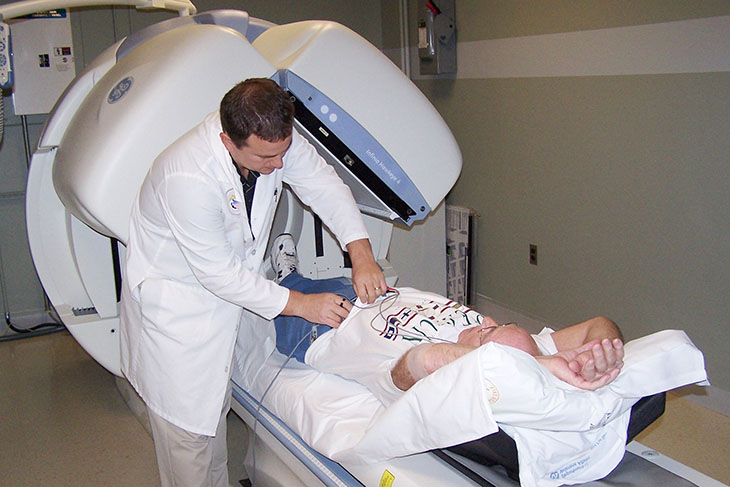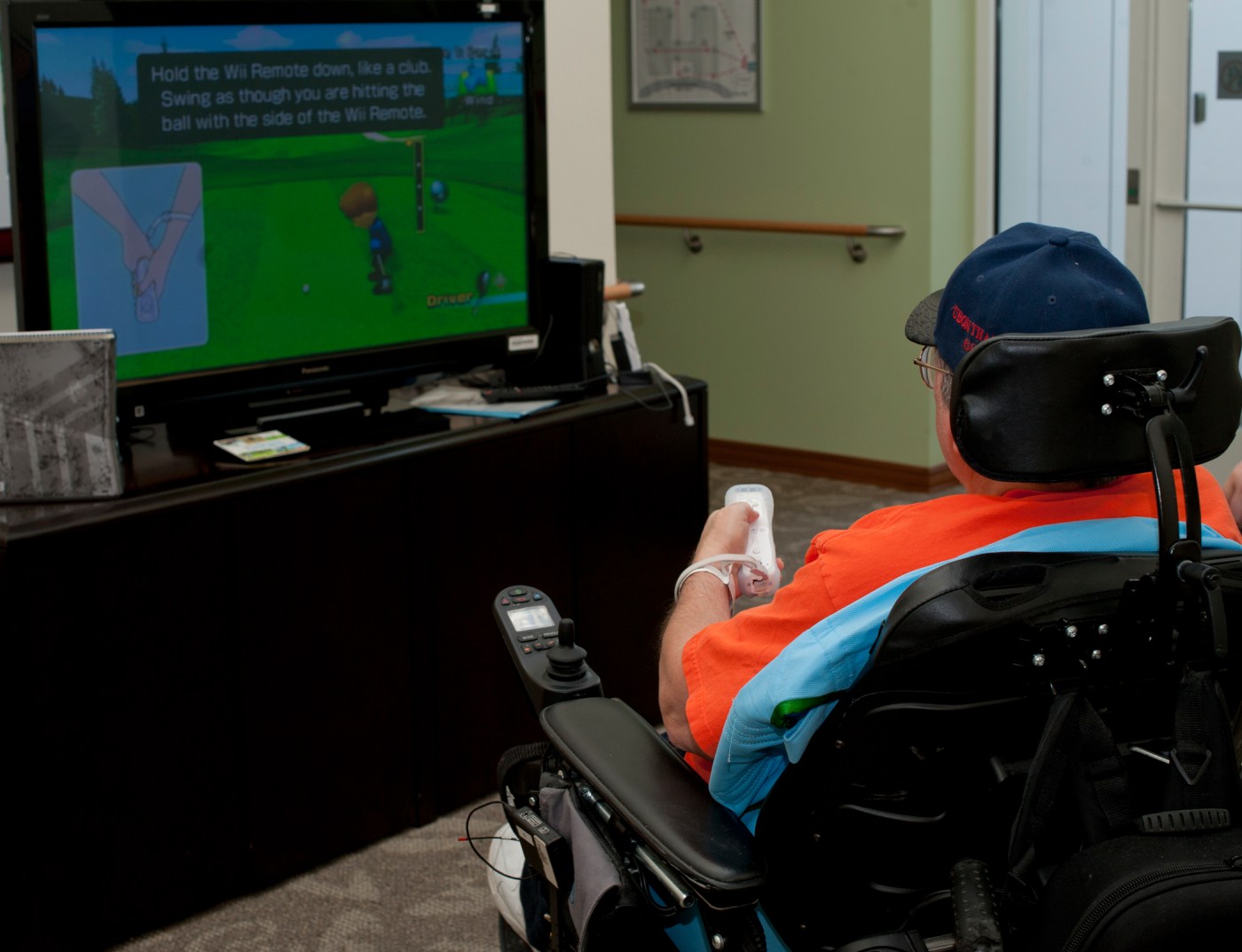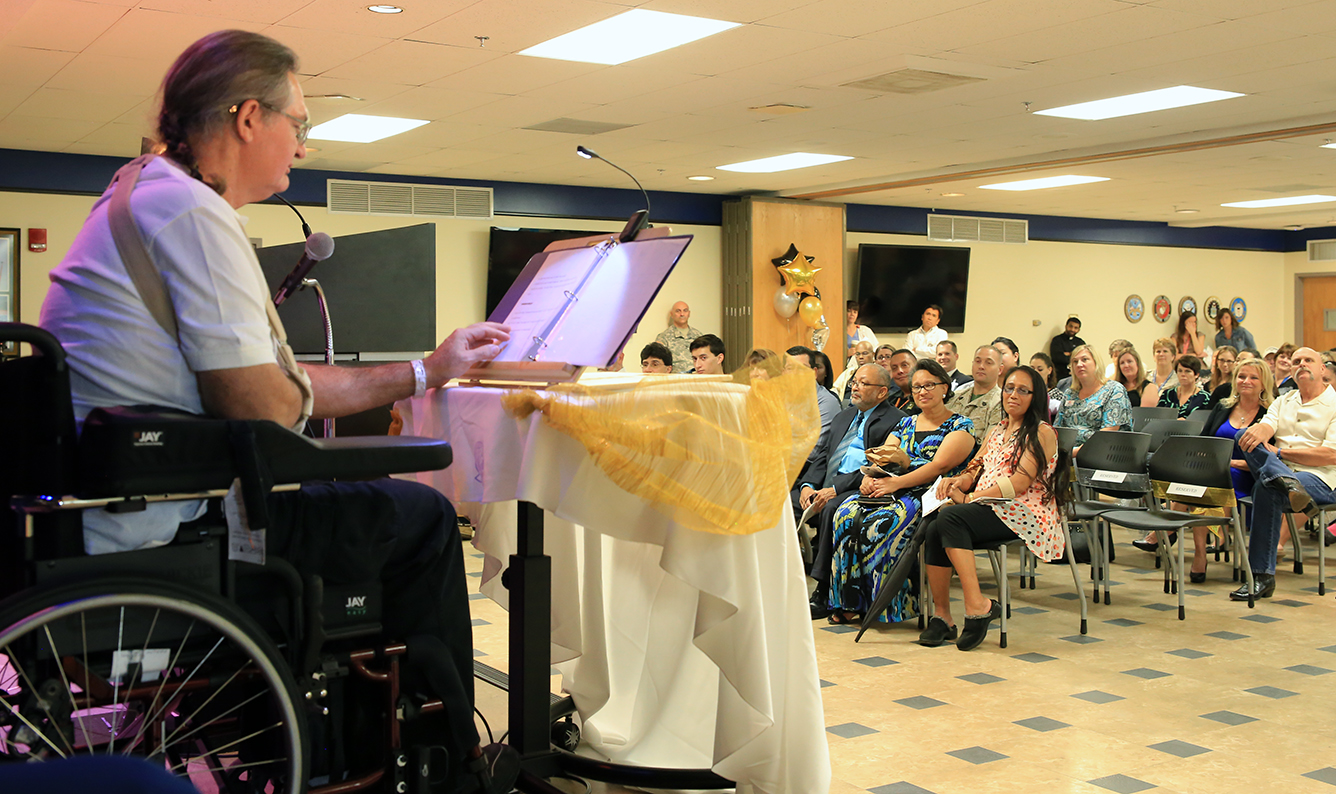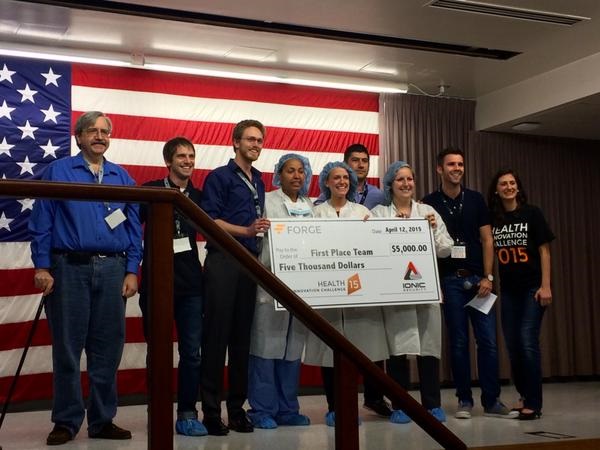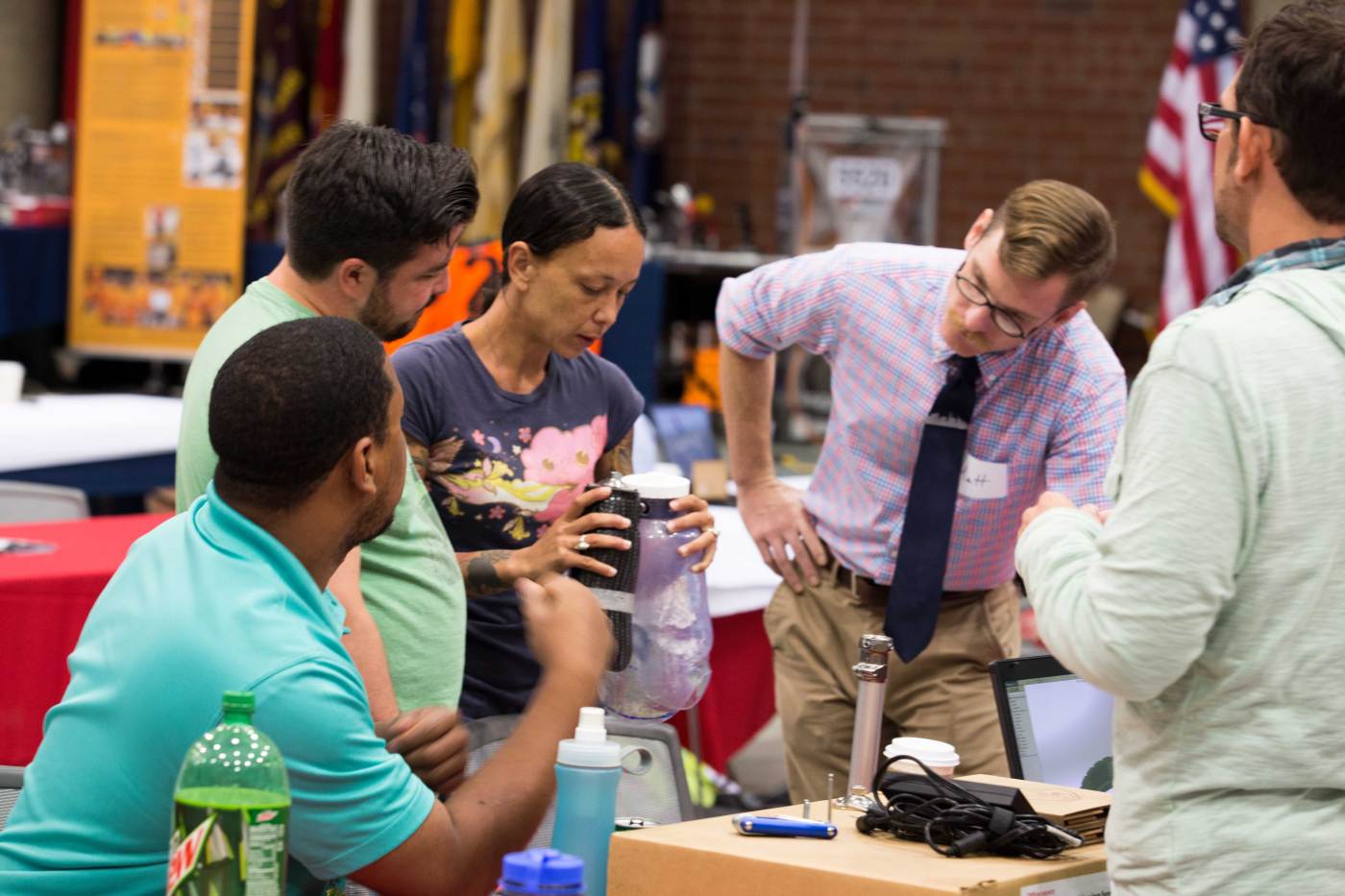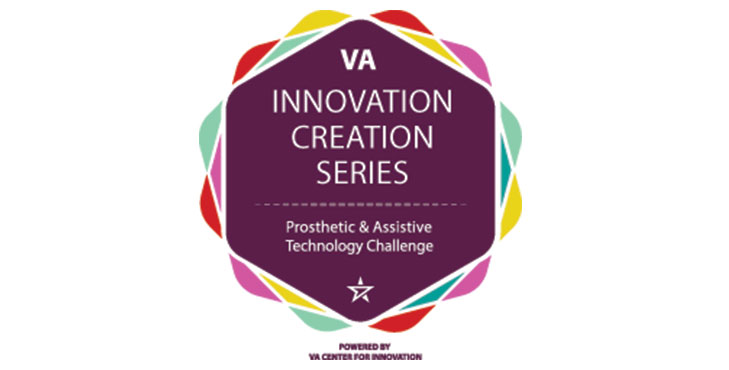To better understand how Veterans experience the process a group of six researchers spoke at length with 92 Veterans whose service spanned the periods from World War II, Korea and Vietnam, to the conflicts in Iraq and Afghanistan.
On Dec. 12, data scientists, engineers, designers and domain experts are joining forces across five cities for one purpose - to prevent suicide by unlocking the power of open data and technology.
VA’s Innovators Network is a community of VA employees who are actively engaged in work that is moving the agency forward.
Unique public-private partnership between helps two Veterans start and grow their coffee shop business.
Printers help adaptive Veterans think in a new way.
Later, I when I heard about the rapid, learning healthcare system (rLHS) described by the Institute of Medicine, I remembered the short white coat. I remembered the idea of “can’t help but be better.” That is to say, learning wasn’t delegated to special (and isolated) moments. Rather, learning permeated every patient interaction; the act of delivering care itself (without additional overhead) would accrue useful knowledge. Active effort would be needed to avoid learning.
VA Innovation Creation Series launches third online challenge to develop special controller for disabled Veterans.
“Just because you have a brain injury doesn’t mean your life is over.”
In April 2015, the VA Center for Innovation co-hosted its second [...]
Army sergeant Lisamarie Wiley lost her lower left leg when she stepped on a mine in Afghanistan. She had a challenge for make-a-thon participants.
The make-a-thon brings together designers, makers, technology industry leaders and Veterans who will use 3D printing technology to create and test prosthetic designs that meet the needs of Veterans with disabilities.
This initiative aims to accelerate the development of personalized technologies to better care for Veterans by bringing together individuals from different backgrounds.

